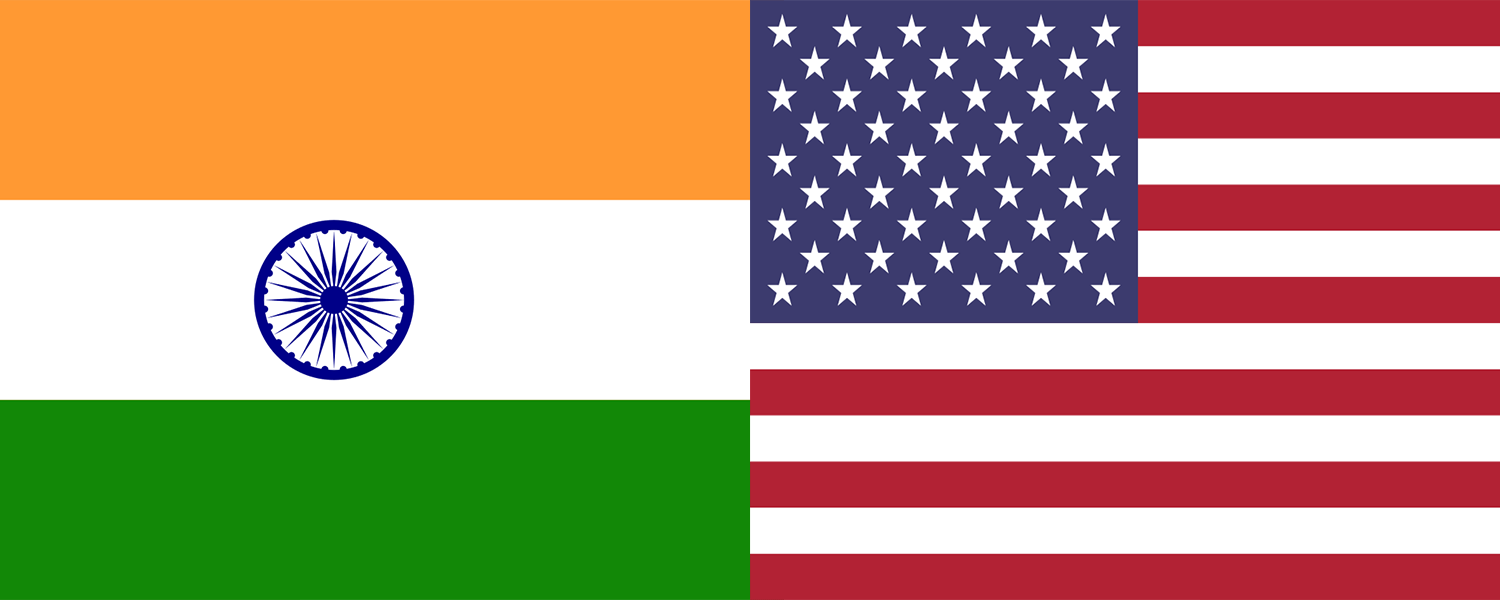Trump Administration removes India’s Special Trade Status

Starting June 5, the White House will strike India’s designation as a “beneficiary developing country,” and thus, end its preferential market treatment. As a beneficiary developing country, India was included in the Generalized System of Preferences, a preferential trade program that reduces tariffs on various products and provides better market access for developing countries in an effort to help the world’s poorest countries to grow economically and escape poverty. Based off of last year’s data, this measure will affect approximately $5 billion of Indian goods sent to the United States. Affected Indian exports include textiles, jewelry, auto parts, and agricultural products.
This decision comes at a time when trade tensions continue to climb and threatens to bring the United States into another trade war with an allied country.
Although many things are unclear at this time, one thing remains certain. If a trade war arises, pecans will be affected—yet again.
The American pecan industry has been working to reduce Indian tariffs on pecans and expand the market for years. Currently, India tariffs pecans at 36 percent and other tree nuts at a rate of 10 percent. Additionally, the American Pecan Council’s April 2019 Pecan Industry Position Report shows that a total of 105,780 pounds of pecans (inshell basis) were exported to India over the last eight months of reporting. Even with this tariff and these export numbers, industry groups have made multiple efforts within the country by exhibiting at trade shows, creating promotions, and driving awareness. In another effort to lower the pecan tariff in India, U.S. Senator Ted Cruz partnered with six other senators in 2017 and wrote a letter to the Trump Administration that emphasized pecans’ opportunity to create a mutually beneficial trade relationship with India. Most recently, pecan industry groups have begun investigating pecan’s potential and opportunities in the Indian market.
At this moment, it is unclear how India will respond to this new threat and how that response will directly affect America’s Original Supernut. India’s newly re-elected prime minister, Narendra Modi, ran on a nationalist platform and placed “reinvigorating the Indian economy” as its top priority. While Modi is under continued pressure to protect Indian companies and jobs, Trump has received similar pressure from his base of supporters and backers to protect American interests.
With the 2020 election just around the corner, political interests remain a deciding factor for officials’ decision making. For now, India and the United States will continue trade talks in the hopes to reach a bilateral deal.

